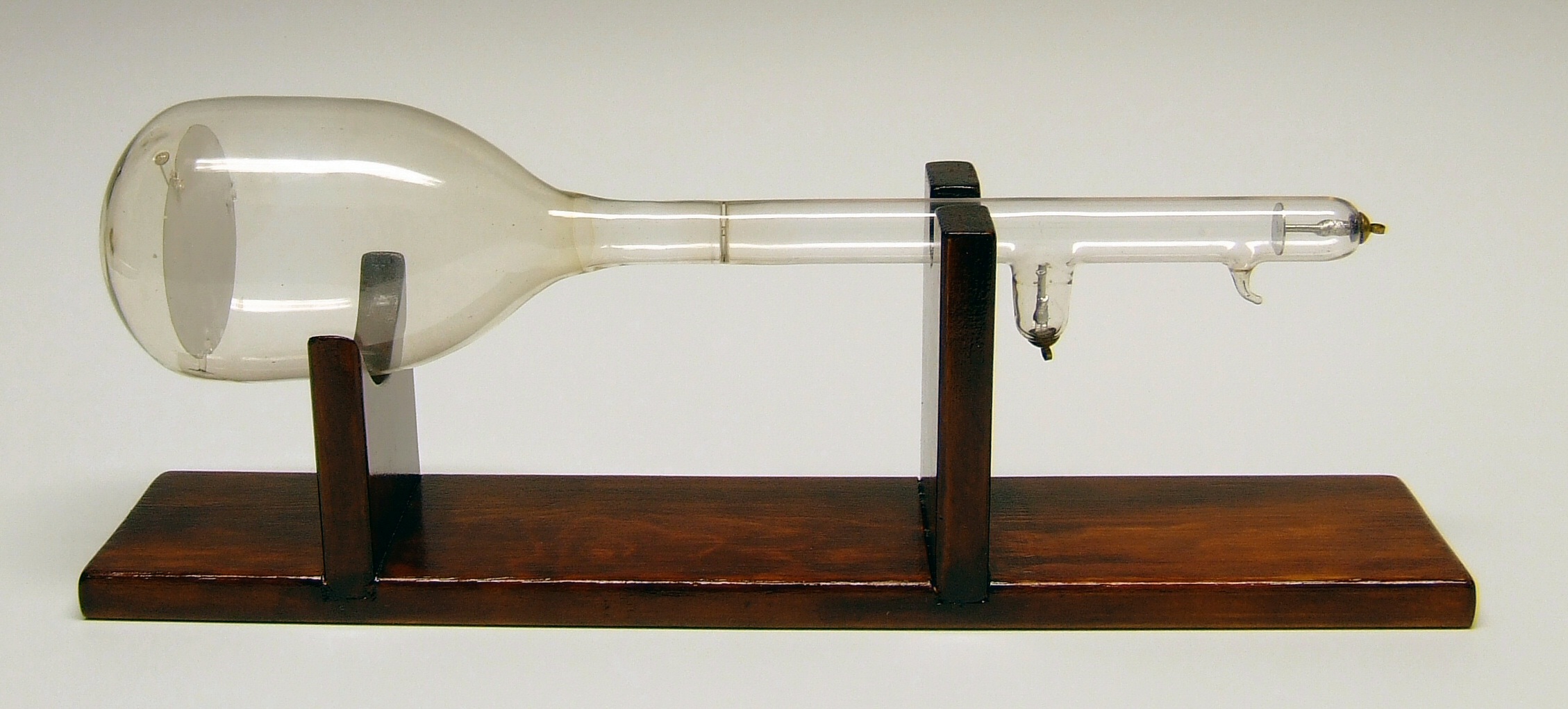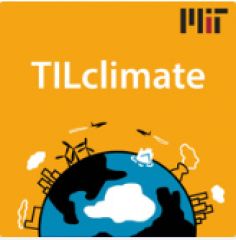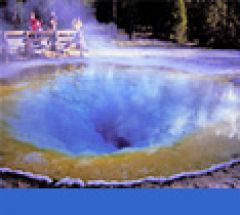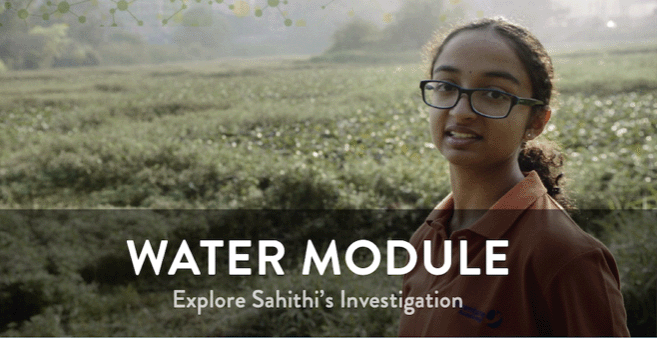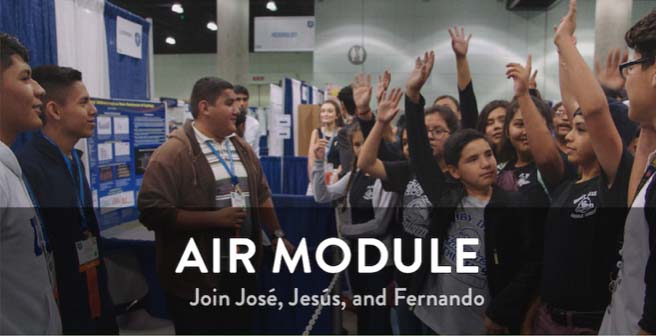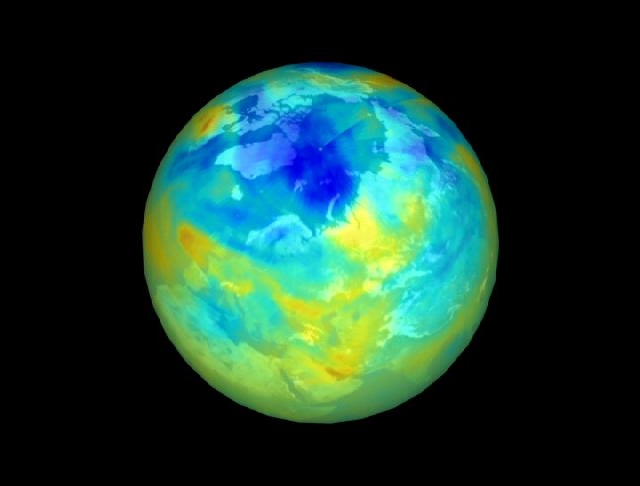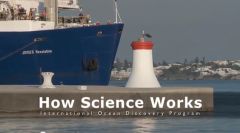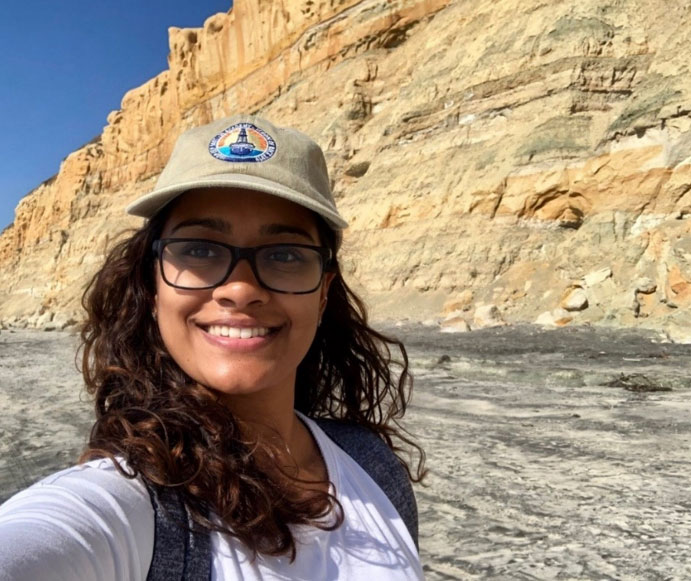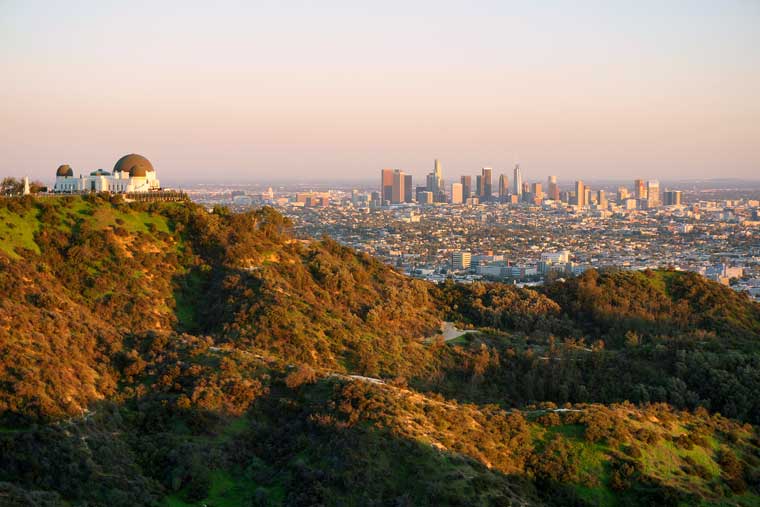Search by:
To search for teaching materials that address particular concepts in our conceptual framework, visit the teaching guide for your grade level:
K-2, 3-5 , 6-8, 9-12, or College
Found 11 resources:
Science and technology on fast forward
Grade Level(s):
- 9-12
- College
Source:
- UC Museum of Paleontology
Resource type:
- Science Story
Discipline:
- Life Science
- Physical Sciences
Time: 20 minutes
Overview
Teach about how technological and scientific advances propel one another forward, using an example that connects the cathode ray tube to modern DNA technologies. Get tips on using Science Stories in class.
Benjamin Franklin: STEM Activity Toolkit
Grade Level(s):
- 3-5
- 6-8
- 9-12
Source:
- PBS and WETA
Resource type:
- classroom activity
Discipline:
- Earth science
- Physical Sciences
Time: 1-6 hours
Overview
Ken Burns’s four-hour documentary, Benjamin Franklin, explores the revolutionary life of one of the 18th century’s most consequential figures. This STEM Activity Toolkit frames the context of the film series, and provides guidance for viewers to engage in discussions and activities around science, technology, engineering, and math.
Clouds, Models, and Climate Change
Grade Level(s):
- 9-12
Source:
- MIT Climate Portal
Resource type:
- classroom activity
Discipline:
- Earth science
Time: up to 2 hours
Overview
How do clouds form? How are clouds affected by (and how do they affect) climate change? Students create a cloud in the classroom, and then investigate climate models and real-time cloud observation data.
Climate Models and Uncertainty
Grade Level(s):
- 9-12
Source:
- MIT Climate Portal
Resource type:
- classroom activity
Discipline:
- Earth science
Time: up to 2 hours
Overview
Earth's climate system is enormously complex, and scientists develop climate models to understand how climate change will play out in different parts of the world. Students play a climate resilience game, and then explore the Intergovernmental Panel on Climate Change’s 5th Assessment Report to learn more about how climate scientists handle uncertainty in models.
Hydrogeology: Learning by discovery in an urban environment
Grade Level(s):
- College
Source:
- On the Cutting Edge
Resource type:
- field-based investigation
Discipline:
- Earth science
Time: Quarter-long project
Overview
This is an example of a student-driven, instructor-guided field experiments on a budget. Schools that cater to under-represented students are often those with limited resources, however, student-driven discovery in the field is an effective tool for engaging students in the natural environment and in hydrogeology. Effective strategies for addressing the special needs of urban students are included.
Inventing Tomorrow: Water Module
Grade Level(s):
- 6-8
- 9-12
Source:
- WGBH
Resource type:
- classroom activity
Discipline:
- Earth science
Time: 10-12 class periods
Overview
This module uses a film about student Sahithi Pingali, who investigates water quality in her hometown in Bangalore, as a jumping off point for students to expand their understanding of eutrophication and the process of science.
Inventing tomorrow: Air Module
Grade Level(s):
- 6-8
- 9-12
Source:
- WGBH
Resource type:
- classroom activity
Discipline:
- Earth science
Time: 10-12 class periods
Overview
This module (on the right) uses a film about students José, Jesús, and Fernando, who investigate smog in their town in Mexico, as a jumping off point for students to expand their understanding of air pollution, global warming, and the process of science.
Ozone depletion: Uncovering the hidden hazard of hairspray
Grade Level(s):
- College
Source:
- UC Museum of Paleontology
Resource type:
- Science Story
Discipline:
- Earth science
- Physical Sciences
Time: 2 hours
Overview
Follow a group of scientists from around the world as they work together to understand - and then help fix - a problem that threatens the future of the planet: a hole in the ozone layer. Get tips for using science stories in class.
How science works
Grade Level(s):
- 6-8
- 9-12
Source:
- OceanLeadership
Resource type:
- Science Story
- video
Discipline:
- Earth science
Time: 10 minutes
Overview
This video uses the Understanding Science flowchart to describe how a team of scientists investigates climate change throughout Earth's history with ocean sediment cores.
From Caribbean girl to California geologist
Grade Level(s):
- 9-12
- College
Source:
- UC Museum of Paleontology
Resource type:
- Science Story
Discipline:
- Earth science
Time: 5 min
Overview
This Science Short illustrates how sedimentologist Liselle Persad's science was shaped by the landscape of Trinidad and Tobago, where she grew up. Get tips on using Science Stories in class.
Predicting insects’ response to climate change
Grade Level(s):
- 9-12
- College
Source:
- UC Museum of Paleontology
Resource type:
- Science Story
Discipline:
- Life Science
Time: 5 min
Overview
This Science Short illustrates the practical applications of scientific knowledge in the context of research about fossil insects. Get tips on using Science Stories in class.

